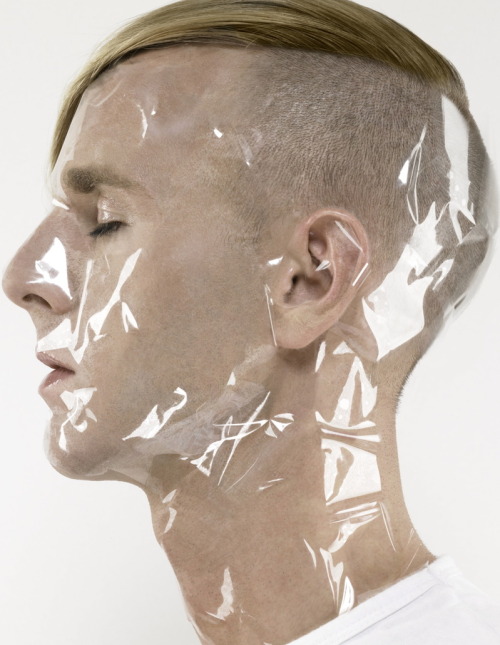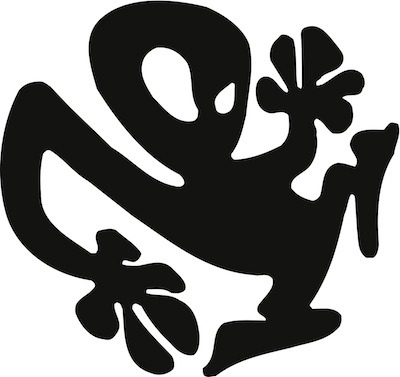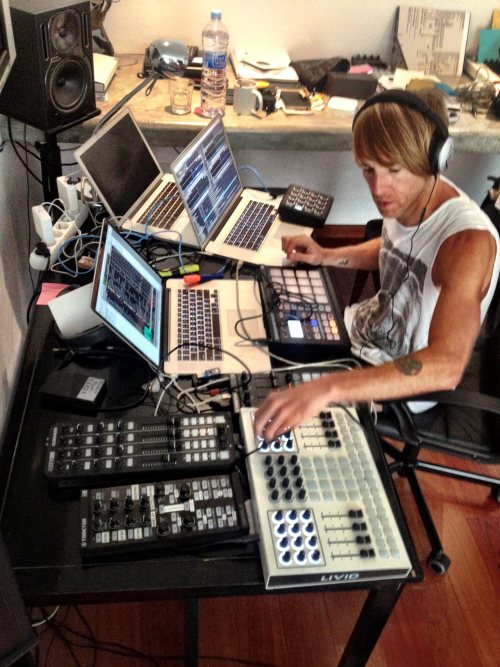No discussion about the history of electronic music would be complete without a mention of the storied career of Richie Hawtin. Richie’s catalog represents an important link between the earliest roots of techno and the electronica scene of today. In an era marked by stifling convention, Richie found success by holding fast to his musical roots. His commitment to minimalism became his trademark as he found himself in the midst of an artistic revolution. The shifting sonic landscapes of the second wave of modern techno became the backdrop against which he would shape his own creative potential.
The foundation for Richie’s career was laid in his early childhood. His father had a great love of and affinity for electronic technology and, as a result, the Hawtin family had access to some of the most innovative technology of the day. Through his work as a robotics technician for General Motors, Richie’s father had a unique insight into the electronic technology revolution of the 1960’s and 70’s and Richie grew up with a fondness for such devices. His father also instilled a love of music in young Richie, introducing him to the pioneering electronic artists of the era, such as Kraftwerk and Tangerine Dream.

Perhaps the greatest milestone of Richie’s childhood came when the family moved from England to LaSalle( a suburb of Windsor), Ontario, a Canadian town just across the river from Detroit, Michigan. This close proximity to the birthplace of modern techno was to prove fateful for Richie as he got older. While still in high school, Richie fell in with a circle of friends that included fellow technology buffs as well as fans of the alternative music scene. With this new peer group, Richie first began crossing the Canadian border to visit the city of Detroit. These trips were Richie’s first major exposure to the exciting new world of techno.

In the 1980’s, Detroit was a tumultuous place. High crime rates had earned the city a bad reputation and the fast-paced rhythm of the big city was a far cry from the pace of life in LaSalle. The excitement and notoriety of Detroit proved to be very alluring to Richie and his friends and their trips across the border became more frequent. In nightclubs throughout Detroit, Richie was exposed to a wide variety of new musical influences. Styles ranging from house dance music to gritty techno to early hip-hop were all blended into an aural experience that forever changed the way Richie would feel about music and the lifestyle that surrounded it.
It was at a small, unremarkable club called Hopper’s that Richie secured his first real gig in the music business. Playing to small crowds was valuable experience for Richie and he eventually got the opportunity to book a respected DJ named Jeff Mills. This experience and a later meeting with another DJ named Derrick May convinced Richie that he wanted to become a DJ himself. By watching further DJ sets at a popular underground Detroit club called The Shelter, Richie began to hone his skills. He eventually became a regular DJ at The Shelter, opening for other DJs as he began to develop his own approach to electronic music.
Through a mutual friend, Richie was introduced to John Acquaviva, who had a home studio in Ontario. The two began experimenting with John’s Roland TR-909 drum machine and Richie had at last found a vehicle for creating the sounds he loved. The duo’s early recording work was not well received at different labels in Detroit. In order to get their music published, Richie and John started their own label called Plus 8. A few of their early release finally garnered some attention in England, Holland, Germany and elsewhere throughout Europe.

After touring Europe, Richie returned to the United States and began further experimentation in the studio. In the early 1990’s, Richie began recording work that would eventually become the basis for a new project called Plastikman. Richie’s recordings under the Plastikman moniker rocketed to success throughout Europe and catapulted his career forward. The minimal techno approach that Richie employed on the Plastikman recordings was, at the time, unprecedented in the underground electronic music community. This sparse and stripped-down approach would become a characteristic of Richie’s music into the future.

Although Plastikman was enjoying a great deal of success abroad, the story was not the same back in the States. Many of the original founders of the techno scene in Detroit felt that Richie had gotten an unfair break, taking opportunities and record deals away from artists that had put in more time in the underground circuit. For a period of time in the mid-to-late 1990’s, Richie was reviled in some regional American scenes because of this perceived lack of equity in success and recognition. However, this opinion did not last long as Richie’s work with Plastikman saw an increasing level of acceptance throughout the country.
Following an incident at the United States border, Richie was not allowed into the country for nearly two years. During this time in exile, he began to experiment with more eclectic, ambient influences in his music. It was at this time that Richie parted ways with this long-time partner, John Acquaviva. He then founded a new label called Minus and the structure of this new music company reflected the minimalist approach that Richie used in so much of his music. Through his work at the Minus label, Richie began to gradually distance himself from the environment he had called home for so many years.

In the early 2000s, Richie relocated to Berlin. The move was the culmination of a transformation for Richie, in his personal life as well as in his artistic career. From his new base of operations, Richie has taken a less intense approach to music production than he did in Detroit. This general relaxation has coloured his latest releases, resulting in a more spacious, thought-provoking ambient sound that is quite different from the beat-centric releases of his younger years.
It is not certain what the future has in store for Richie Hawtin or, for that matter, what he may have in store for the electronic music world. What is for certain is that Richie is by no means done creating and producing new work. Whether he will continue in his current vein or yet again recreate his sound and his image, only time will tell.





